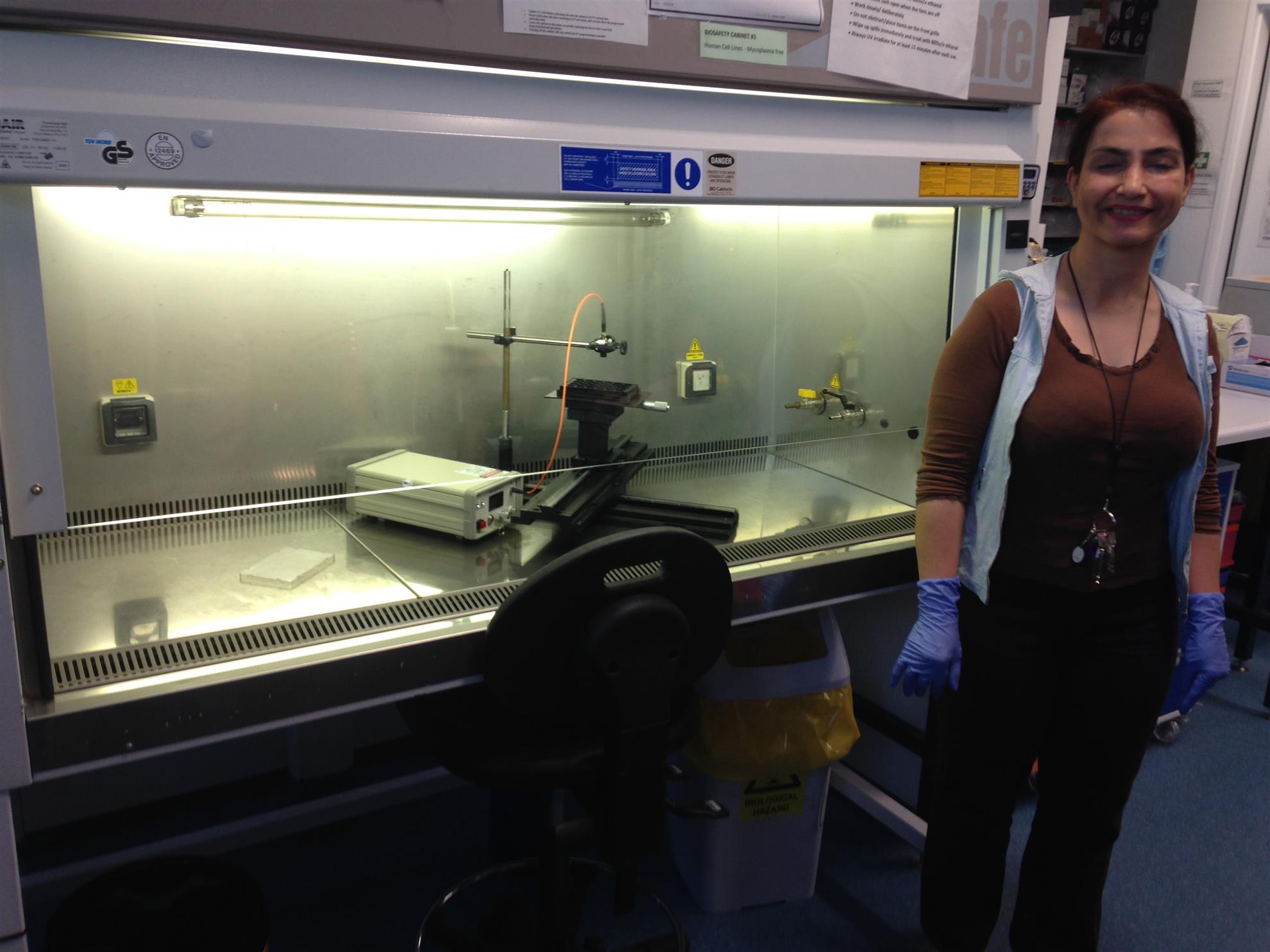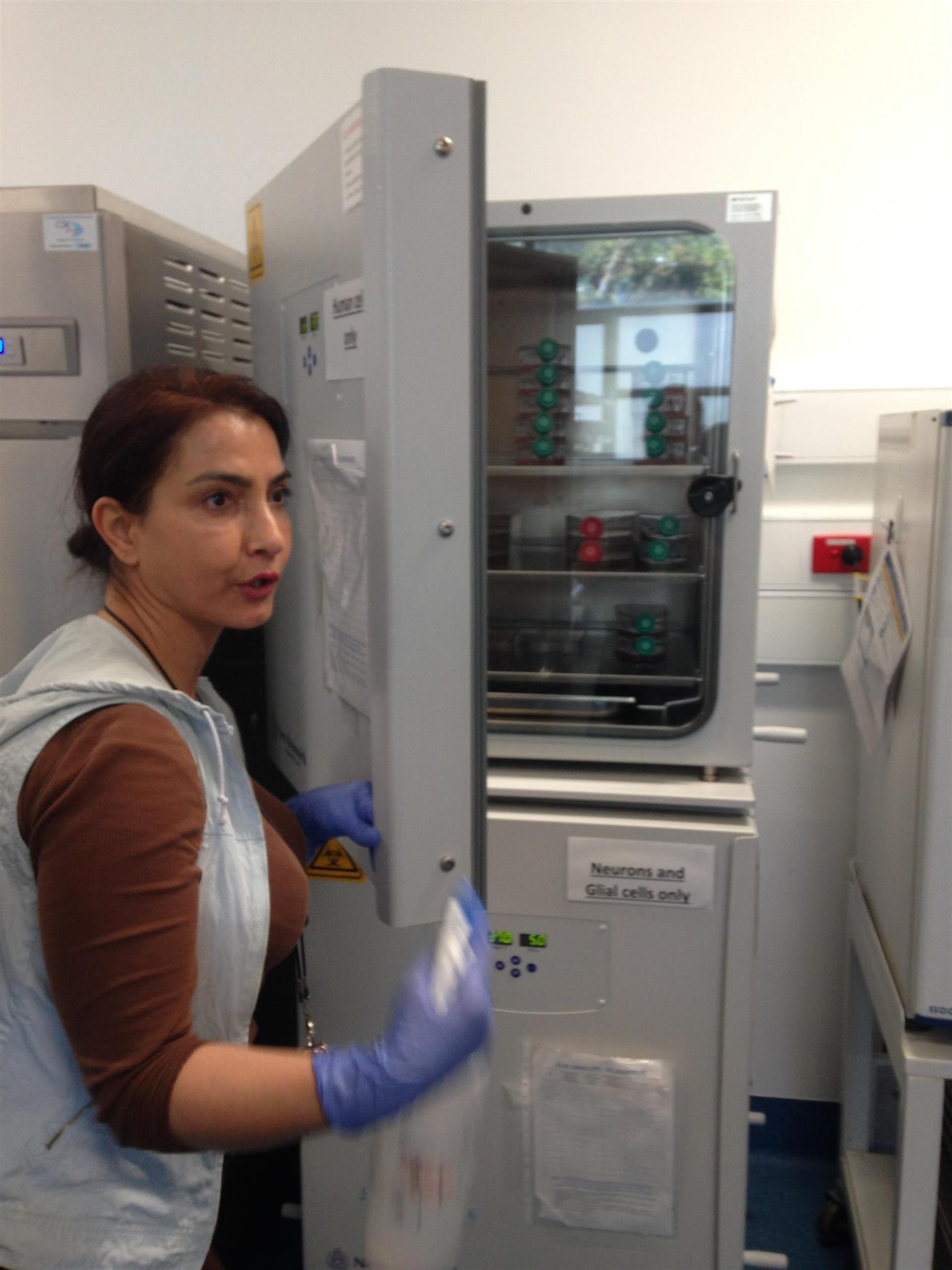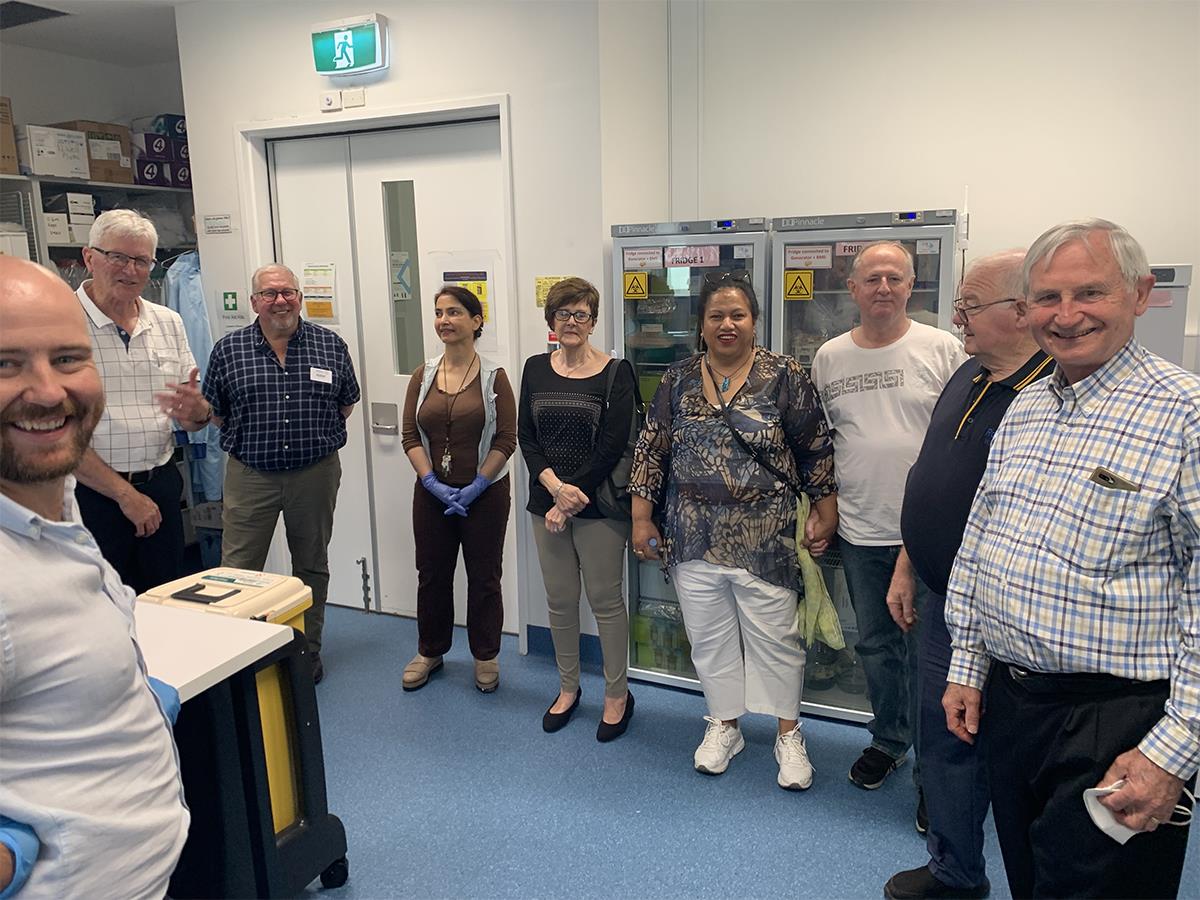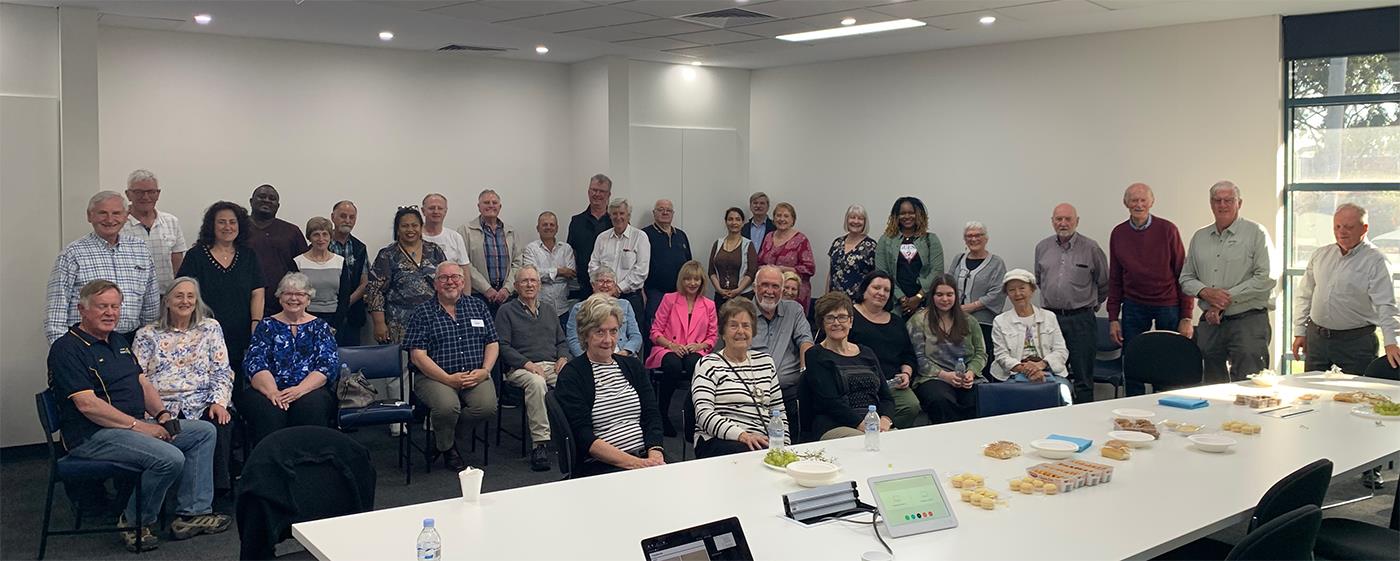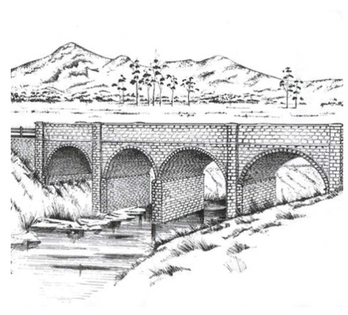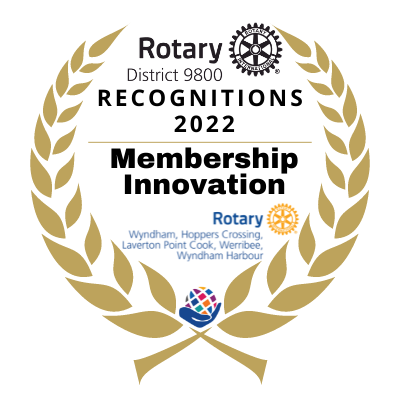What an amazing facility!! ..... and here in our OWN BACK YARD !!
How many other communities can say they have World's Best Scientists in a World Leading Science Lab, Doing World Leading Scientific Research in their own back yard. This is what we were made aware of at our Vocational visit to Victoria University's Cancer Research Lab on Tuesday.
The Lab in which the ground breaking research work is done,
At the combined meeting of Wyndham and Werribee Rotary Clubs we were treated to the world leading research that is being done here in Werribee. As head of the research team Professor Vasso Apostolopoulos introduced us to Narges and Jack who took groups of 10 through their lab explaining the research that was being done. We learnt of the strict conditions, such as the air circulation system where air flow and filtration is critical.
Jack explaining the equipment and process of observing cancer cells and how they react under certain conditions. The screen on the right shows the cancer cells under observation in the electronic microscope (the white box to the left).
Their research covers mainly cancers, breast cancer being the area in which Professor Apostolopoulos gained world wide recognition. She was successful in developing a vaccine for beast cancer. but their research has had effects on not only a whole range of cancers, such as prostate, cervical and colon cancer, ............
............ but their research has also had an effect on how many other diseases such as diabetes, alzheimers disease and multiple sclerosos are treated. Importantly, recognition is given to the fact that the same cancer can be slightly different in different people and so treatment is being "tailored / customised" for the patient.
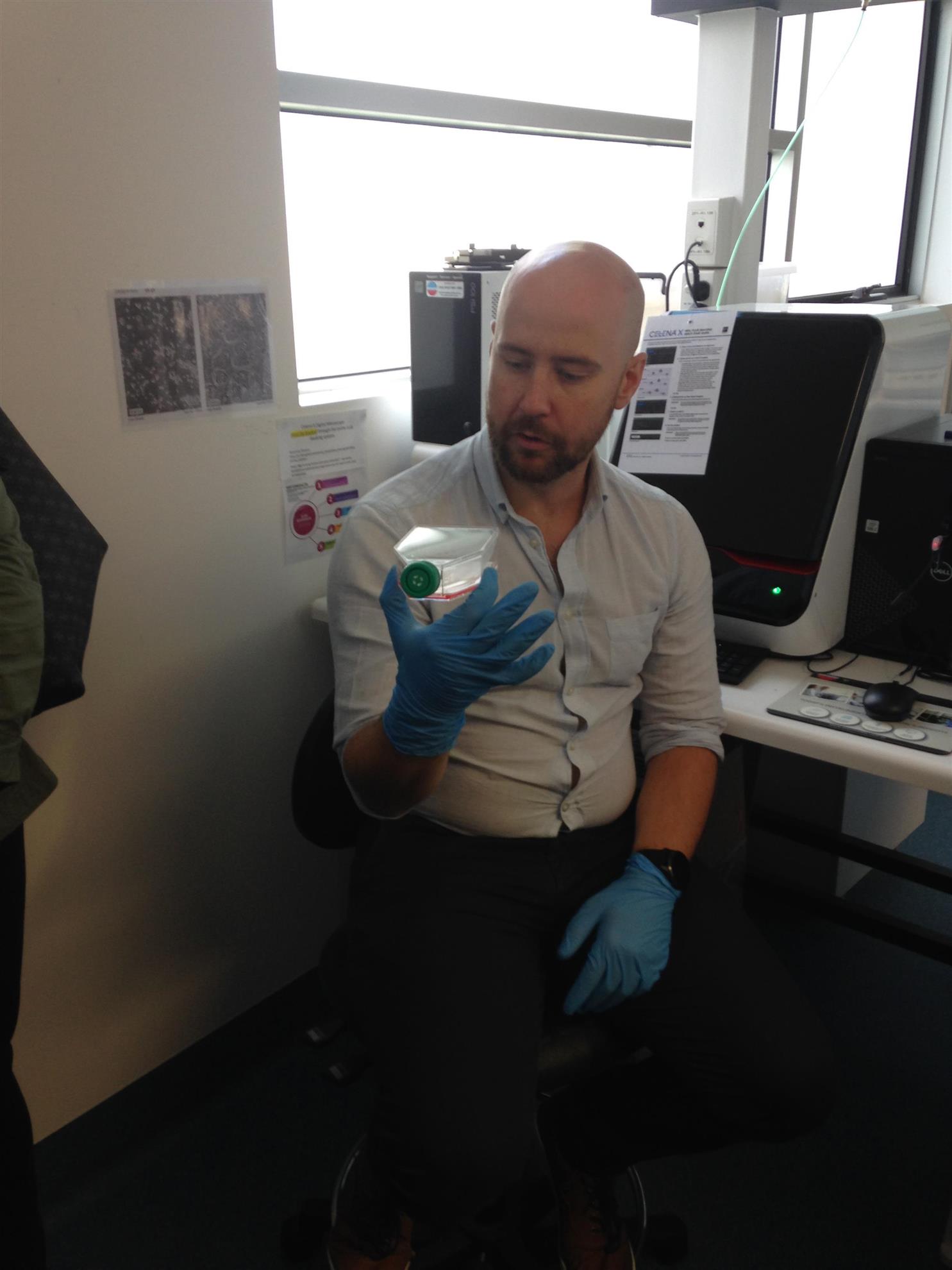
"
Mmmm, the pesky little buggers are in their somewhere" Jack explaining the process of growing cancer cells, with a container of living cancer cells in a solution (sugar based) in which the cancer cells are kept and grown. And, ..... just like us they have to have their environment cleaned to get rid of their waste.
Narges showing us the Labs Laser Bench, where cancer cells reaction to light intensity is studied.
Narges explains that these two refrigerators?? are human???? This is where cancer cells are studied to see how cells would react in the human body as they are stored at body temperature and humidity.
Narges and Jack also explained how cancer cells were stored in the special fridges and freezers in the lab ranging from 37C to imitate the human body, another, a freezer storing cells at -80C plus liquid nitrogen storage at -273C. Another amazing fact was that some of their research was done using stored cancer cell specimens that were taken from patients as long ago as the early 1920's and 1960's. We also got to see the labs amazing "Bio 3D printer", (one of only 2 in Victoria) where cancer cells can be made in 3D so that study and treatment can be undertaken in more detail.
Another "Fine Bunch of Specimens" in the lab 
A very, very appreciative ensemble of Rotarians, now a lot wiser of the amazing facility we have "in our own backyard"
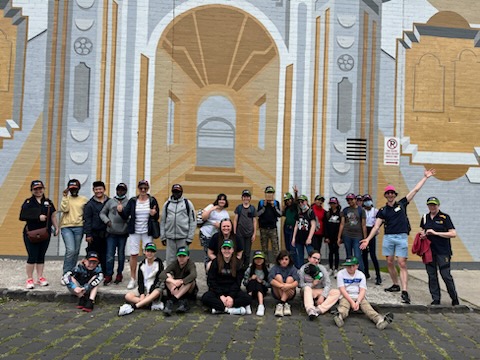
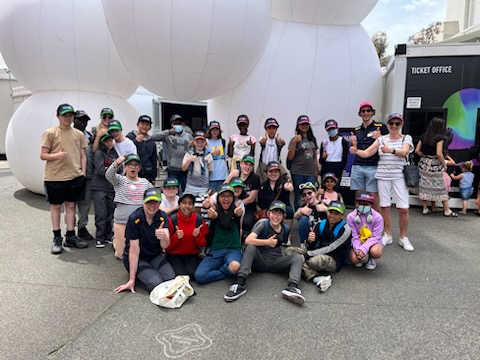
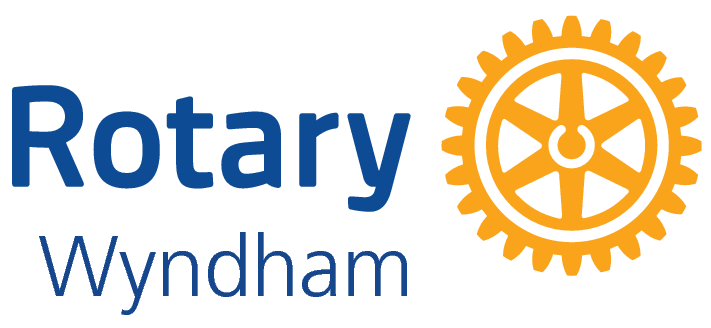

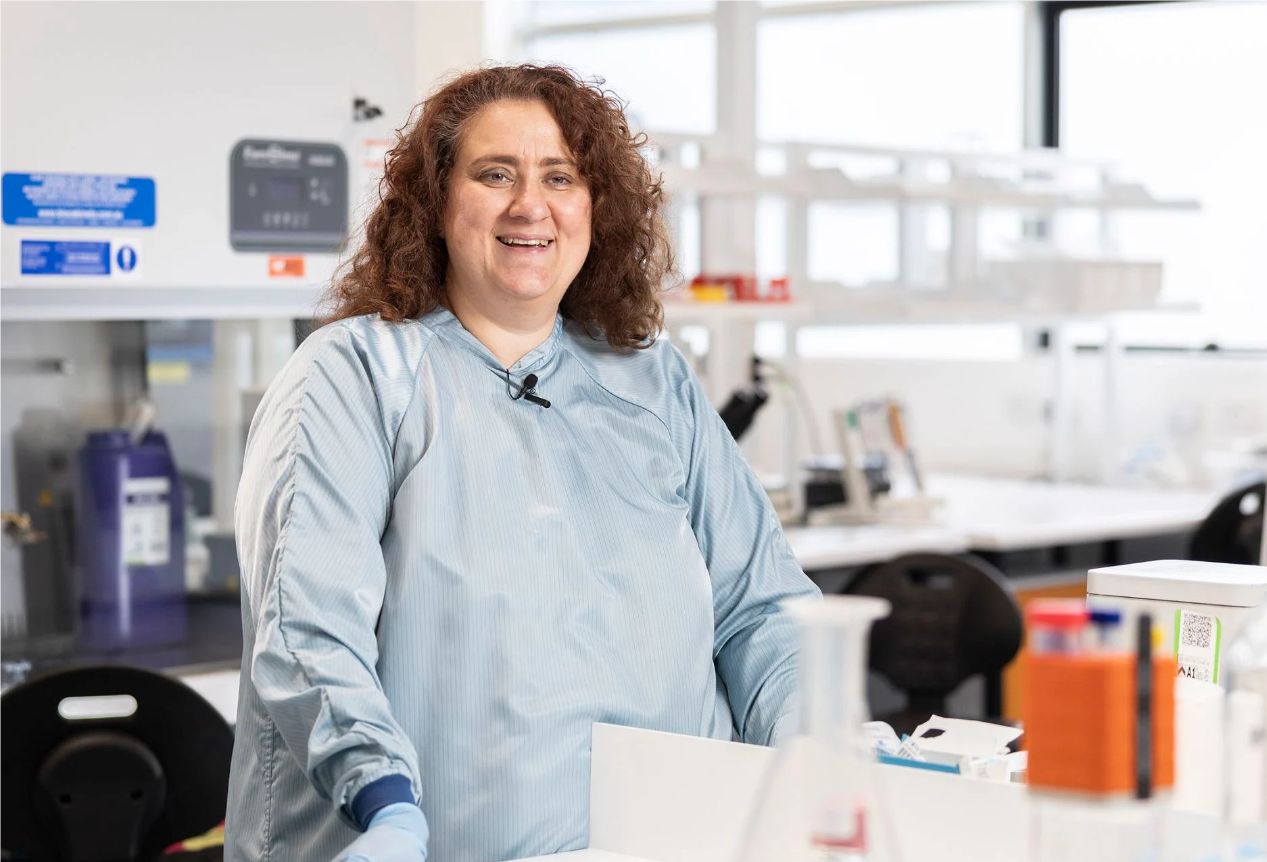
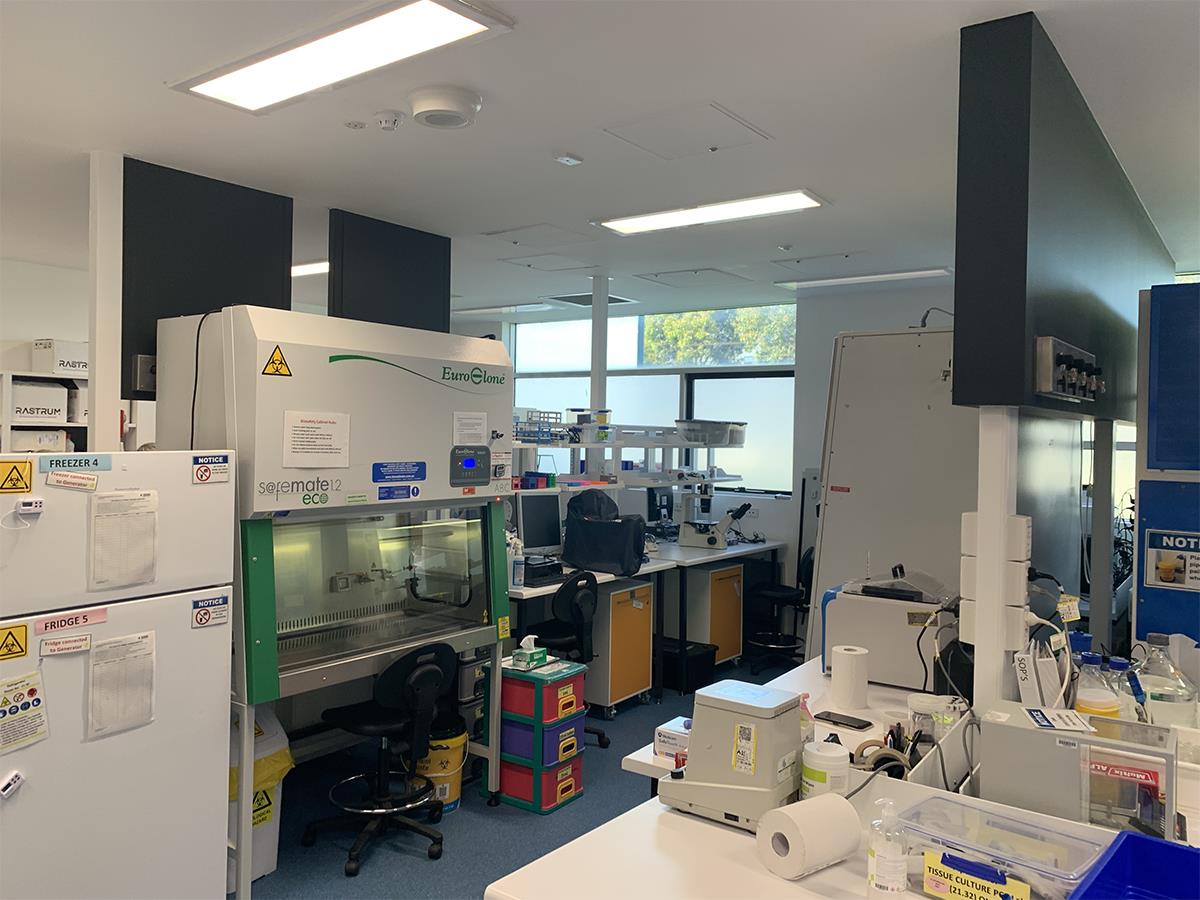
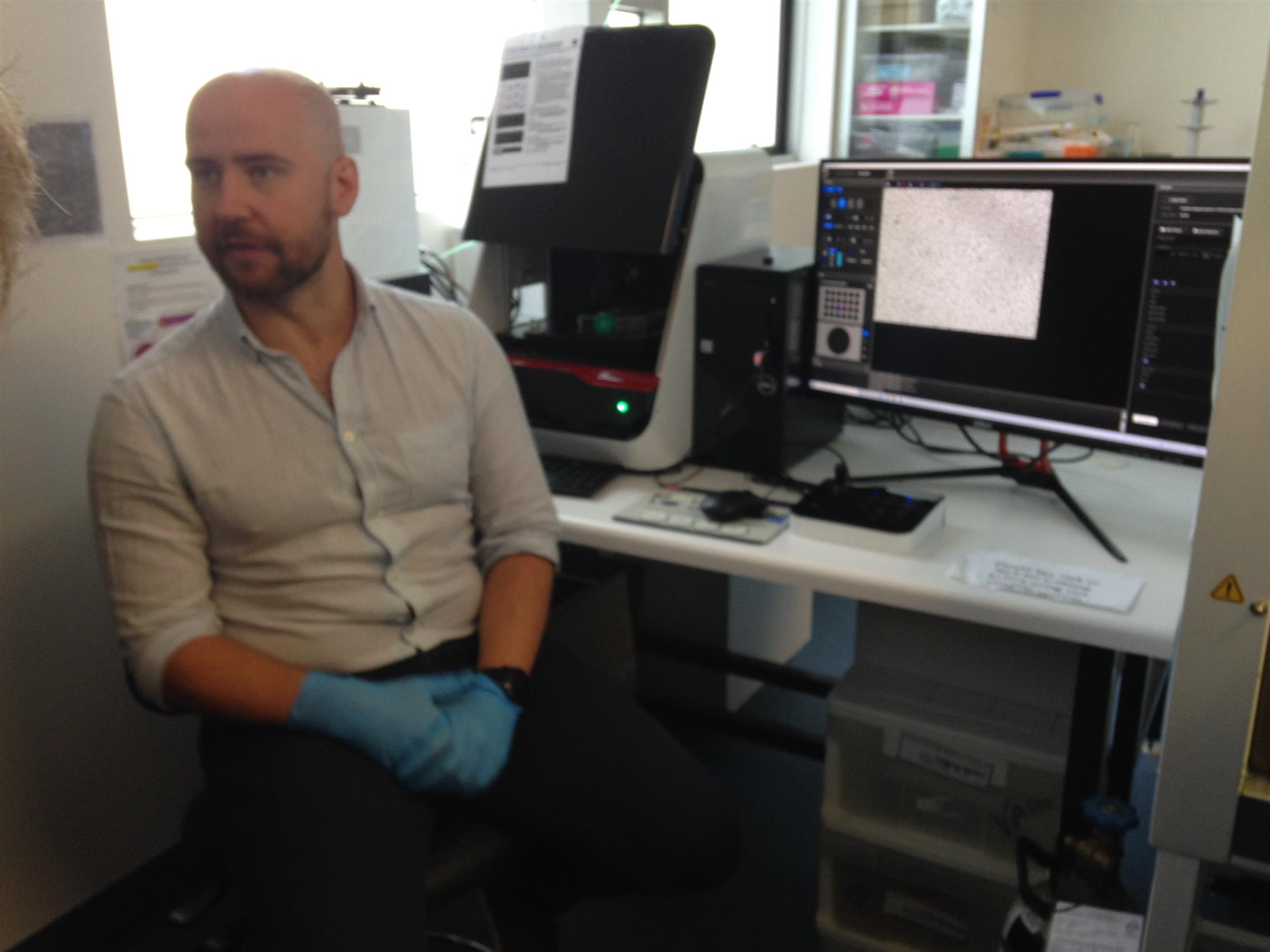
 "
"